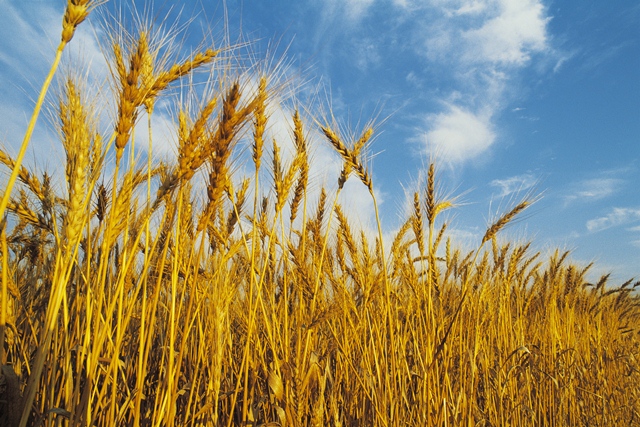
The ManicaPost

Samuel Kadungure Senior Reporter
MANICALAND farmers who had turned their backs on winter wheat due to unsustainable costs of production are queuing to be contracted under the cereal command programme amid indications of negotiations to review up the producer price.
Manicaland is targeting 4000 hectares up from less than 800ha planted last year resulting in the country failing to produce half of its annual requirement as farmers in other provinces also boycotted the crop.
At its peak of production Manicaland used to record an excess of 9000ha, with the Middle Sabi region alone accounting for about 5 000ha.
Agritex head for Manicaland Mrs Phillipa Rwambiwa said planting has already started and will end mid May 2017.
Only those with verifiable land, adequate water and functional irrigation infrastructure are being contracted to produce the cereal crop under the command agriculture programme.
The inputs are ready for collection.
A survey by The Manica Post in Mutasa, Makoni and Mutare districts established that contracted farmers were getting 120kg of seed, 12x50kg of basal, 8x50kg of top dressing fertilizer and chemicals.
Zimbabwe Farmers Union director Mr Paul Zakaria some farmers were winding their maize and soya beans harvesting to plant wheat.
“Those with the irrigated summer crop have started planting and with the promises of support under command agriculture, everything is looking up,” said Mr Zakaria.
Mr Zakaria urged farmers to maximise on yield than pinning hopes on price hike.
“We are above any other country in terms of grain crops payment, our prices are good and farmers should instead work on yields to maximize returns. Price has never been an issue, we pay well above any other country in the region,” said Mr Zakaria.
Zimbabwe needs about 400 000 tonnes of wheat per annum.
The shortfall in wheat production was due to a plethora of factors, chief among them shortage of inputs, especially seed, fertilizers, non-availability of enough affordable water for irrigation and adequate and affordable electricity to spur the irrigation and poor returns.
This year Zimbabwe has received abundant rains with all major dams countrywide spilling and on the other hand Government has chipped in with provision of input while negotiations are in progress to review upwards the producer price.
GMB has also promised to pay farmers on time.
Wheat is a winter crop that is highly sensitive to moisture deficits, especially during the critical phases of heading, flowering and early grain-fill.
This means it has to be grown under uninterrupted irrigation.
In recent years the country has failed to produce half of its annual requirement despite wheat being an important cereal crop that contributes to the diet of the general populace, especially with regards to bread which is eaten as a major part of breakfast.
Zimbabwe last year imported in the region of 300,000 tonnes of wheat to meet her internal consumption requirements.
Economists have correctly pointed out that a deficit in wheat harvest was bad for Zimbabwe as it would mean Government will have to commit more funds towards importation of the cereal grain.
Some farmers said the main reason why they planted the crop had nothing to do with profit, but merely to improve the soil fertility and control of diseases.
Most of these farmers have centre pivot irrigation systems.



